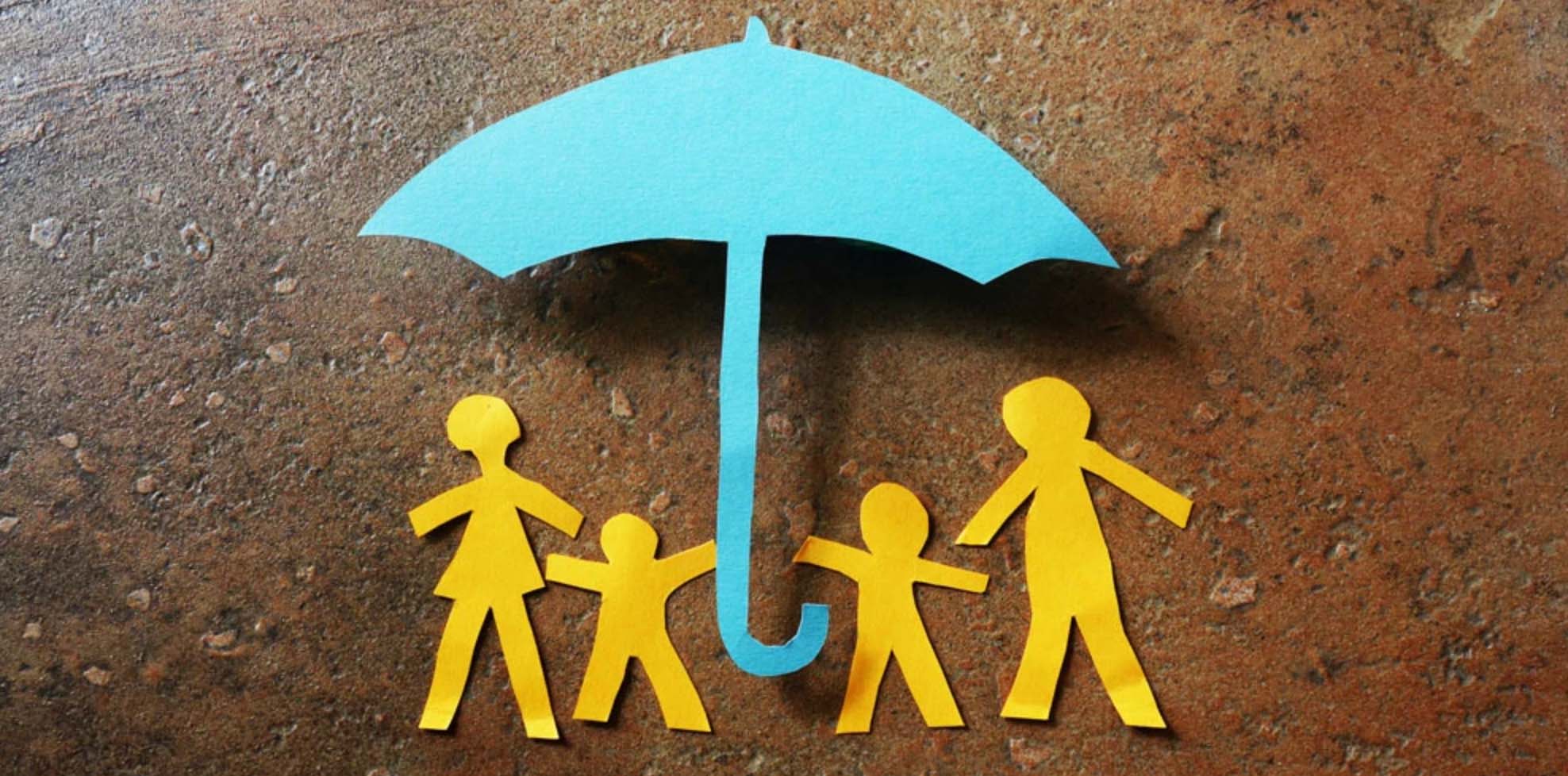Hi Jamie,
It’s a great question. Most people don’t know if they have enough insurance or are wasting money being over insured. Further, it seems like you can get insurance for everything these days.
Consumer Credit Insurance (CCI) is generally considered to be reasonably poor value with only 11-19 cents in the dollar paid back in claims payments. Depending on the details of a CCI policy, some have paid claims related to the current pandemic under either sickness or involuntary unemployment clauses. However, some insurers have not paid out due to reduced hours, citing that still being employed on reduced hours does not trigger the involuntary unemployment clause. So many people have found themselves unable to repay their debts, even with CCI insurance cover in place. There are some helpful insights into CCI on the Moneysmart website if you would like to find out more here.
If you are interested in taking out cover, bear in mind that most insurance companies are not taking on new policies in the current environment. So if you didn’t have CCI prior to COVID, it may be difficult to get cover now. It’s likely your best approach is to take out insurance with the institutions that you have your debt with as you’re an existing customer.
You may also want to consider a broader range of insurances that aren’t linked to your debts, such as Income Protection, Total and Permanent Disablement and Trauma. The benefit of these types of insurance are that they’re not linked to your debt – meaning they can cover more than just your mortgage and credit card payments. For example, Income Protection will pay up to 75% of your income if you’re sick or injured and can’t work. It may pay this until you turn 65, or even 70, depending on the type of policy that you take out. However, keep in mind that Income Protection won’t cover you for a reduction in hours or involuntary redundancy.
The easiest way to determine if you’re underinsured is to consider an event, it’s financial consequences and if you could deal with these consequences. For example, if you were to become ill and couldn’t work for three years, how would you deal with it? If you have sufficient financial resources to get through the three years and be ok at the other end, then you should be fine. If it would have a devastating impact, then you’re underinsured. Similarly, for car insurance, if your car is worth $5,000, it’s cost effective to replace. However, if you need a work vehicle that costs $70,000 to do your job and you don’t have sufficient money to replace it, then the impact of having your car written off wouldn’t be manageable and you should have insurance cover on the car.





















